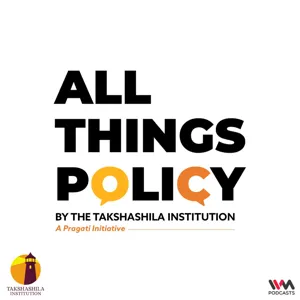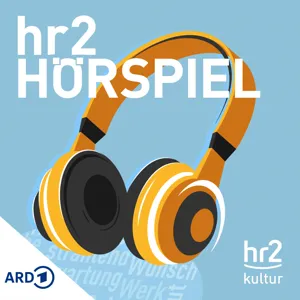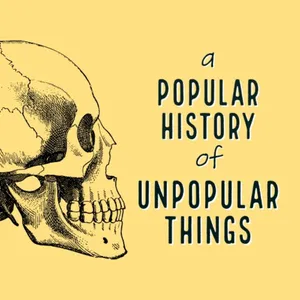When your country is hijacked by real religious extremists
You don't have to look very far these days to find those that would rather run the United States of America down rather than be grateful for all that she has to offer. Have you ever wondered though why so many choose to emigrate from their home countries around the globe to the United States if we are so oppressive? The numbers coming versus those leaving are quite lopsided, and for good reason. I'm not here to discount peoples' perceived grievances, but things become far more clear when you listen to those who've experience real oppression. Things become very different when your country is hijacked by real religious extremists.
Who is Dr. Mahsa Hojat-Khoshniyat?
Dr. Mahsa Hojat-Khoshniyat was born in Iran and had the pleasure of growing up with cultural values of empathy, humility, being humble, hardworking, and caring. As a part of her cultural values, from very early on, she learned the importance of human value, dignity and respect despite race, culture, circumstances, socioeconomic status, or education. Mahsa learned the value of perseverance, believing in oneself, standing for what is right, and not giving up even when it gets hard.
Despite being raised with this incredible set of core values, Mahsa spent her early years living a duality of circumstances. The country in which she was born, and loved dearly, had been hijacked by religious extremists. Mahsa, as many do in the country of Iran, lived by one set of rules within the confines of her home and something totally different in public.
Learn more about Dr. Mahsa Hojat-Khoshniyat by checking out the full show notes for this episode at DerateTheHate.com.
What have you done today to make your life a better life? What have you done today to make the world a better place? The world is a better place if we are better people. That begins with each of us leading a better life. Be kind to one another. Be grateful for everything you’ve got. Make each and every day the day that you want it to be!
Please follow The Derate The Hate podcast on:
Facebook, MeWe, Instagram, Twitter ,
What have you done today to make your life a better life? What have you done today to make the world a better place? The world is a better place if we are better people. That begins with each of us as individuals. Be kind to one another. Be grateful for everything you’ve got. Make each and every day the day that you want it to be!
Please follow The Derate The Hate podcast on:
Facebook, Instagram, Twitter(X) , YouTube
Subscribe to us wherever you enjoy your audio or directly from our site. Please leave us a rating and feedback on Apple podcasts or other platforms. Not on social media? You can share your thoughts or request Wilk for a speaking engagement on our site’s contact page: DerateTheHate.com/Contact
If you would like to support the show, you’re welcome to DONATE or shop Amazon by going through our Support Us page and I’ll earn through qualifying purchases at no extra cost to you.
I look forward to hearing from you!


















